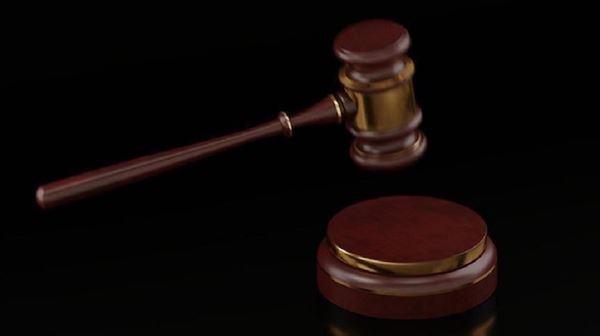India on Monday dispelled fears that the Supreme Court decision of handing over historic Babri Mosque site to Hindus would cast any shadow on other re
India on Monday dispelled fears that the Supreme Court decision of handing over historic Babri Mosque site to Hindus would cast any shadow on other religious places or disputes in the country.
A statement issued by the Indian embassy in Ankara recalled that all religious places in India are protected under a law, enacted by the parliament in 1991. Since Babri Mosque issue was already being adjudicated by the court, it was kept out of the purview of the law.
“The Places of Worship (Special Provisions) Act 1991, passed by the India’s Parliament, prohibits any change in the religious and denominational character of a place of worship as it existed on Aug 15, 1947 [our Independence],” said the statement.
India’s apex court on Saturday ruled that the site of early 16th century Babri Mosque, along with 2.77 acres of land, belonged to Hindus, as one of their gods Lord Ram was born at the site.
The legal dispute about the mosque, situated in the city of Ayodhya in Uttar Pradesh province was hanging in different courts, since over past one and half century.
The court asked Prime Minister Narendra Modi government to set up a trust, within three months, which will overlook construction of the temple.
Besides, the court directed the government to allot a “suitable” plot of five acres (2.02 hectors) of land to the Muslim party, for the construction of mosque at a separate place.
Indian embassy said that the law enacted by the parliament in 1991 had only excluded the Babri Mosque dispute, as it was already before the court at that time.
“Hence, there is no possibility of this Supreme Court Judgment relating to the land in Ayodhya becoming a legal precedent under the provisions of this Act. As such, the Judgement cannot be used to seek or claim/re-claim other places of worship which may have been disputed,” the statement emphasized.
Soon after this judgement, there were apprehensions that radical Hindu groups may demand similar other Muslim places of worship.
Appealing for the peace, Modi said that the Supreme Court verdict should not be seen as “a win or loss for anybody”.
“Be it Ram Bhakti or Rahim Bhakti, it is imperative that we strengthen the spirit of Rashtra [nation] Bhakti,” he added.
Indian apex court judgment has also ruled against attempts to alter the religious nature of a place of worship. It has noted that “historical wrongs cannot be remedied by the people taking the law in their own hands”.
Meanwhile, expressing satisfaction with judgment, Iqbal Ansari, one of the litigants, said he will not challenge it in court.
“We welcome the Supreme Court decision and the biggest happiness is that it is finally curtains down on this long pending issue,” Ansari was quoted by Indian news agency PTI, telling on phone from Ayodhya.
“We will not challenge the court verdict from our side,” he said, adding that “we are very happy with the decision.” Ansari said it was always being said that whatever the court will say will be correct.
“We respect the decision. Now this is the responsibility of the government where it provides land for the mosque. This is a sort of victory of the Muslims,” he said.
Meanwhile, India’s National Security Advisor (NSA) Ajit Doval held a meeting with representatives of different religious scholars.
Jamiat Ulma-i-Hind Secretary General Maulana Mahmood Madani expressed strong disagreement with the verdict.
“The ruling is unjust and utter disregard to the truth and evidence,” he said in a statement.
